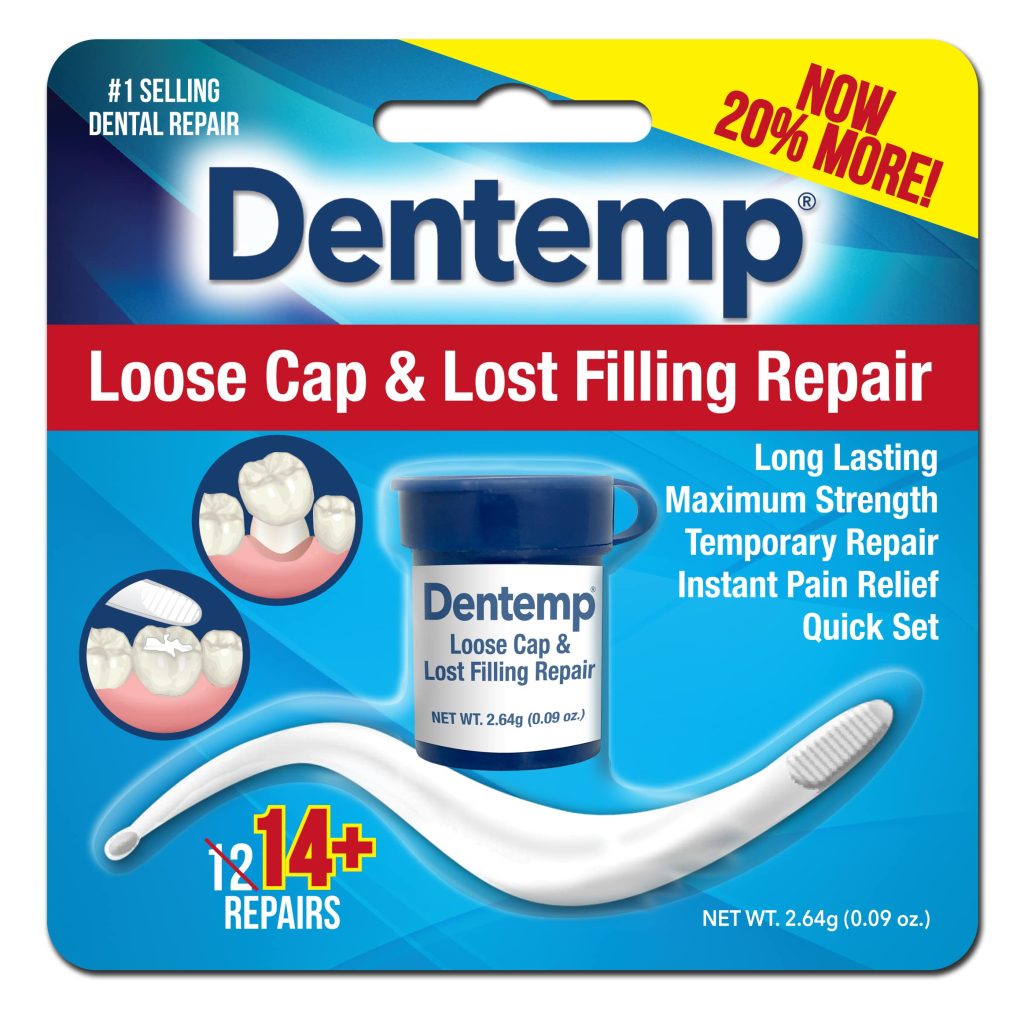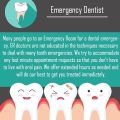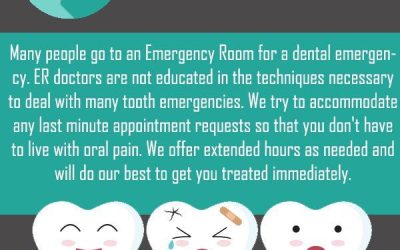If you’ve ever experienced a dental emergency or a broken tooth, you may have found yourself considering over-the-counter dental repair kits as a quick fix. But before you grab one off the shelf, it’s crucial to ask yourself: is it safe? With the increasing availability of these kits, it’s essential to understand the potential risks and benefits they offer. In this article, we’ll explore the safety of over-the-counter dental repair kits, providing you with the knowledge you need to make an informed decision for your oral health.
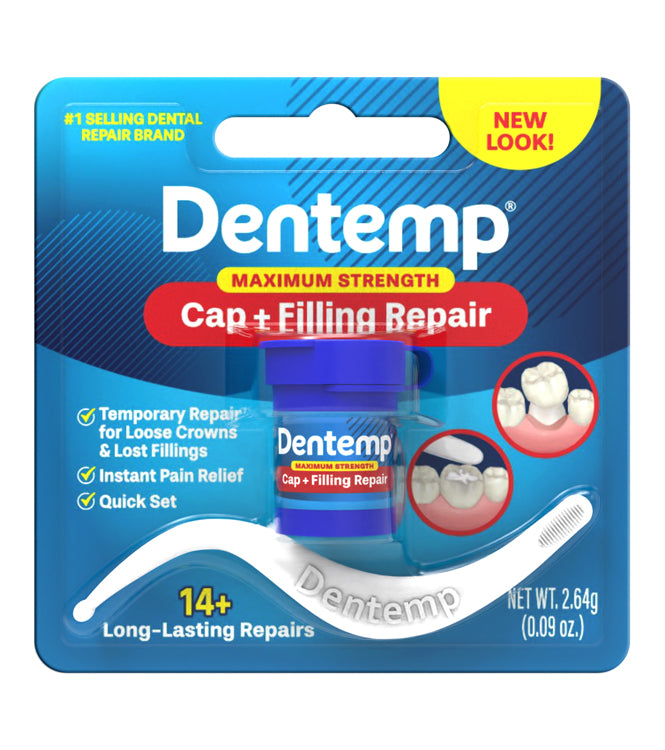
What are over-the-counter dental repair kits?
Over-the-counter dental repair kits are products that you can purchase without a prescription to temporarily fix dental issues at home. These kits typically come with various materials and tools that claim to address common dental problems, such as chipped teeth, loose fillings, or lost crowns. It is important to note that these kits are not a permanent solution and should only be used as a temporary fix until you can visit a dental professional for proper treatment.
Definition
Over-the-counter dental repair kits consist of different components depending on the specific problem they are designed to address. Some common materials found in these kits include dental adhesives, temporary filling pastes, dental wax, and oral pain relief gels. These products are intended to provide temporary relief and are not meant to replace professional dental care.
Types of kits
There are several types of over-the-counter dental repair kits available on the market. Some kits are specifically designed for repairing broken teeth or replacing lost fillings, while others may focus on relieving temporary dental pain. It is essential to choose a kit that aligns with your specific dental issue to ensure effective results. Always read the product descriptions and instructions carefully before making a purchase.
Advantages of using over-the-counter dental repair kits
Convenience
One of the main advantages of using over-the-counter dental repair kits is the convenience they offer. These kits can be easily purchased from local stores or online platforms without the need for a dental appointment. They often come with clear instructions, making them user-friendly for individuals who prefer taking matters into their own hands.
Affordability
Over-the-counter dental repair kits are generally a more affordable option compared to professional dental treatments. If you have a minor dental issue and are unable to immediately visit a dentist, these kits can provide a cost-effective temporary solution. However, it is important to remember that these kits do not replace professional dental care, and a dentist should be consulted for a more permanent solution.
Immediate relief
Using an over-the-counter dental repair kit can provide immediate relief from dental discomfort. For example, if you have a loose filling causing sensitivity or pain, a temporary filling paste from the kit can help alleviate those symptoms until you can see a dentist. These kits often contain oral pain relief gels, which can temporarily numb the affected area and provide some respite from toothaches or other dental discomforts.
Disadvantages of using over-the-counter dental repair kits
Temporary fix
A significant downside of using over-the-counter dental repair kits is that they offer only a temporary fix. While these products may provide immediate relief, they are not a long-term solution for dental issues. It is crucial to remember that seeking professional dental care is essential to address the root cause of the problem and prevent further complications.
Lack of professional expertise
Over-the-counter dental repair kits are designed for temporary, DIY repairs and do not provide the same level of expertise as a dentist. Without the guidance of a dental professional, there is a higher risk of incorrect usage or inadequate treatment. It is important to recognize the limitations of these kits and seek professional care for a proper diagnosis and treatment plan.
Risk of further damage
Using over-the-counter dental repair kits incorrectly or inappropriately can potentially lead to further damage or complications. Without the knowledge and experience of a dentist, there is a risk of causing harm to your teeth or gums. It is important to understand the limitations of these kits and use them cautiously, following the instructions provided.
Safety concerns with over-the-counter dental repair kits
Ingredients and potential allergies
Over-the-counter dental repair kits contain various ingredients, such as dental adhesives or temporary filling pastes, which may cause allergic reactions in some individuals. It is crucial to carefully read the product labels and check for any potential allergens before using them. If you have a known allergy to any of the ingredients, it is best to avoid using the kit altogether and consult a dentist for alternative treatment options.
Improper use and potential harm
One safety concern with over-the-counter dental repair kits is the risk of improper use. Without proper knowledge and guidance, it is possible to use the materials or tools incorrectly, potentially causing harm to your teeth or gums. It is important to thoroughly understand the instructions provided with the kit and, if unsure, consult a dental professional for assistance.
Long-term consequences
Using over-the-counter dental repair kits as a temporary fix without seeking professional dental care can have long-term consequences. Dental issues may worsen, causing more significant problems that may require more invasive and costly treatments in the future. It is always recommended to consult a dentist for a proper evaluation and appropriate treatment.
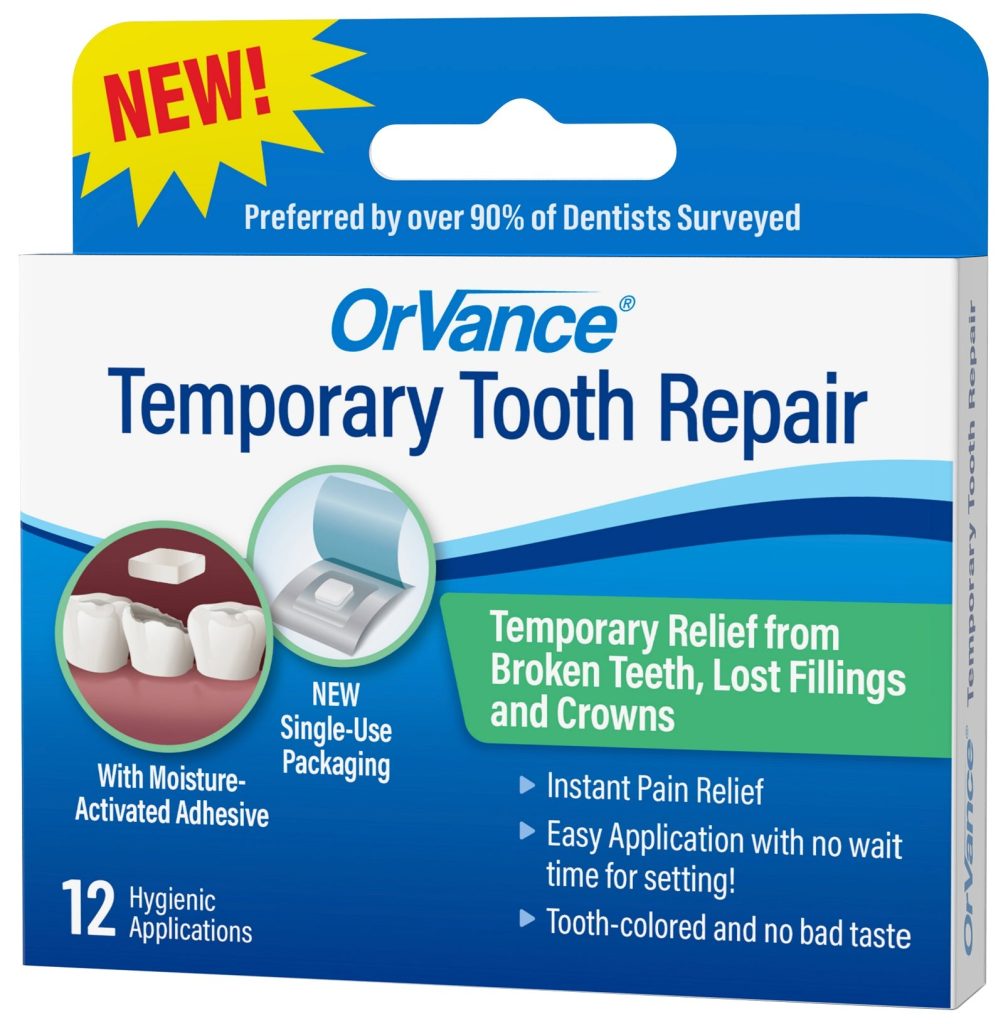
Tips for safely using over-the-counter dental repair kits
Read and follow instructions carefully
To safely use over-the-counter dental repair kits, it is crucial to carefully read and understand the instructions provided. Each kit may have specific guidelines and usage recommendations that need to be followed for the best results. Paying attention to details, such as application techniques and recommended waiting times, can help minimize the risk of complications.
Test on a small area first
Before applying any materials from the kit to your teeth, it is advisable to test them on a small, inconspicuous area first. This can help determine if you have any adverse reactions or allergies to the product. If you experience any unexpected symptoms, such as severe pain, irritation, or swelling, discontinue use and consult a dental professional immediately.
Avoid overusing the kit
Overusing an over-the-counter dental repair kit can potentially cause harm to your teeth or gums. Follow the recommended dosage and usage instructions provided with the kit. Overuse of certain materials, such as dental adhesives or temporary fillings, can lead to complications and make it more difficult for a dentist to properly address the issue.
Alternatives to over-the-counter dental repair kits
Temporary dental filling paste
If you are in need of a temporary dental filling, temporary dental filling pastes can be a suitable alternative to over-the-counter dental repair kits. These pastes are often available at pharmacies and can provide temporary relief until you can visit a dentist for a proper filling. It is important to remember that these temporary solutions are not intended to be used as a long-term fix.
Temporary dental cement
Temporary dental cement is another alternative to over-the-counter dental repair kits when dealing with loose crowns or lost fillings. This product can provide a temporary bond to hold the dental restoration in place until you can see a dentist. However, it is essential to consult a dental professional as soon as possible to avoid complications and ensure proper treatment.
Home remedies
While not as reliable or effective as professional dental treatment, there are a few home remedies that may offer temporary relief for dental discomfort. Rinsing with warm saltwater, applying a cold compress to the affected area, or using cloves or clove oil for toothaches are some examples of home remedies that may provide temporary relief. However, it is important to remember that these remedies are not a substitute for professional dental care and should only be used as a stopgap measure.
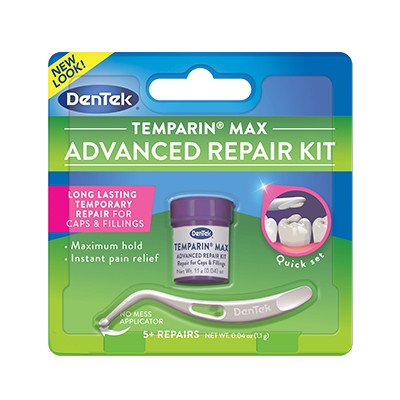
When to consult a dentist instead
Severe tooth damage
If you have severe tooth damage, such as a fractured tooth or broken restoration, it is essential to consult a dentist instead of relying solely on over-the-counter dental repair kits. Severe tooth damage requires professional treatment to properly assess the extent of the injury and determine the best course of action for repair or replacement.
Infection or abscess
Over-the-counter dental repair kits are not designed to address infections or abscesses in the mouth. If you suspect you have an infection, such as a dental abscess, it is crucial to seek immediate dental care. These conditions can escalate quickly and may require antibiotics or other dental interventions to prevent further complications.
Loss of a tooth
In the event of a lost tooth, it is important to consult a dentist immediately. Over-the-counter dental repair kits cannot replace a missing tooth, and a professional will be able to assess the situation and recommend appropriate options, such as dental implants or bridges, to restore your smile and oral health.
Conclusion
While over-the-counter dental repair kits may provide temporary relief for minor dental issues, it is crucial to approach their usage with caution. These kits offer convenience and affordability, but they should not replace professional dental care. Always read and follow the instructions carefully, and if in doubt or experiencing severe symptoms, consult a dentist for proper evaluation and treatment. Remember, dental health is essential, and seeking professional care is the best way to ensure long-term oral well-being.
